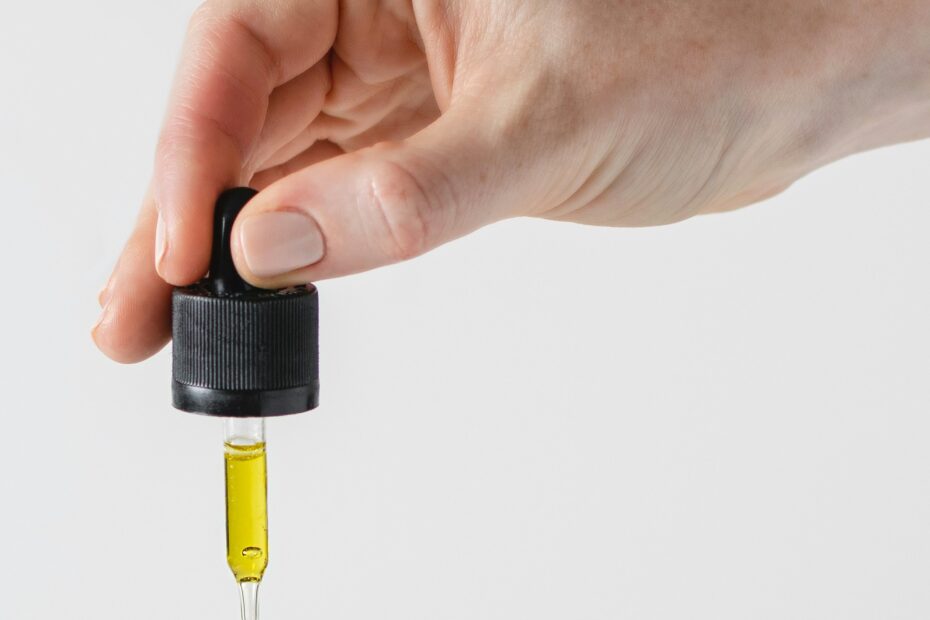The safety of ingesting essential oils is a highly contested topic, sparking passionate debates among both advocates and skeptics. For decades, a prevailing belief system has emphasized only the topical and aromatic applications of essential oils, often discouraging ingestion altogether. However, the question of whether essential oils are safe to consume is multifaceted, depending on factors such as their chemical composition, risk-benefit analysis, appropriate dosing, and individual health conditions. Numerous clinical studies have demonstrated safe dosages for oils like lavender, peppermint, and caraway, while others are ingested based on best practices as outlined in my book, Medicinal Essential Oils. This blog is meant to be a quick introduction to why it is safe to ingest certain essential oils as long as they are pure and high quality. Ultimately, informed and responsible usage, guided by evidence and best practices, opens the door to the beneficial potential of these powerful natural substances.
Historical Use and Traditional Practices
Essential oils have been used in food and medicine for centuries in various cultures. For instance, many herbal remedies and culinary practices involve the use of oils extracted from plants, such as in Mediterranean and Asian cuisines. Indeed, if you’ve ever enjoyed a soda, you may have unknowingly consumed essential oils. This historical context lays a foundation for the safety of certain essential oils when used appropriately.
Metabolization of Natural Constituents
Research indicates that the human body can metabolize various compounds found in essential oils effectively. For instance, studies have shown that constituents such as linalool (found in lavender) and thymol (found in thyme) undergo metabolic transformation in the liver, primarily through the cytochrome P450 enzyme system. (Ref) (Ref) One clinical trial even concluded that it was safe to consume 2,768 mg to 3,633 mg (based on a 60 kg human) of isolated perillyl alcohol—a metabolite of limonene widely found in citrus essential oils—up to three times daily. (Ref) The metabolism of these compounds suggests that the body has mechanisms to process, utilize, and eliminate these substances.
Scientific Studies on Safety
Some studies suggest that certain essential oils can be ingested safely for therapeutic benefits. For instance, research reviewing the safety, efficacy, and metabolism of essential oils shows they are safely used. (Ref) (Ref) (Ref) The American Botanical Council also provides monographs from the Herbal Medicine: Expanded Commission E Monographs outlining appropriate dosing for ingesting certain essential oils (Ref).
Regulatory Safety Assessments
Certain essential oils are recognized as safe (GRAS) or Substances Added to Food list maintained by the U.S. Food and Drug Administration (FDA) when used as flavoring agents in food products. Oils like lemon, orange, and peppermint are regularly used in food and beverages without reported adverse effects. The GRAS or Substances Added to Food designation is based on a substantial body of evidence suggesting that these oils can be safely consumed within established limits.
Dosage Considerations and Individual Variability
While acknowledging the safety of specific essential oils, it is essential to consider individual variability, including body weight, age, and health conditions. Research and clinical experience highlights that the dosages used in clinical studies are often much lower than what would be potentially harmful, suggesting that when used appropriately, essential oils can be safe.
Conclusion
While a growing body of research supports the safe ingestion of certain essential oils, it is important to recognize the need for caution and informed use. The evidence suggests that our bodies possess the necessary mechanisms to metabolize and process many essential oil constituents when consumed in appropriate amounts. Wider education on proper usage and dosage, alongside further research, can promote safer practices among consumers. As with any substance, individuals should consult healthcare professionals before incorporating essential oils into their diets, especially those with pre-existing conditions or who are pregnant or nursing.
For more information about ingesting essential oils (Round One), see my previous blog post on the subject.
Disclaimer: While this argument presents perspectives supporting the ingestion of essential oils, it remains crucial to exercise caution and judgment, as the effects of essential oils can vary between individuals.
